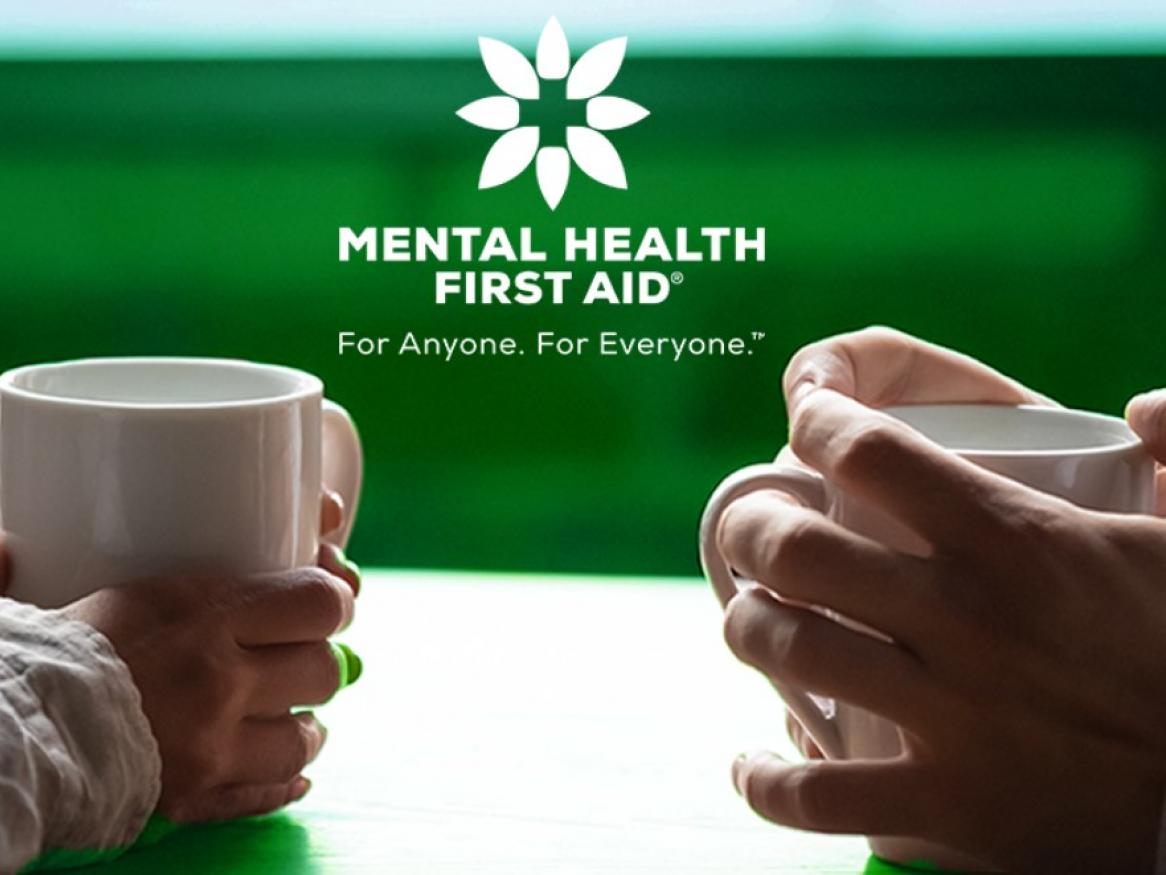Mental Health
Addressing mental health problems often entails a holistic view of managing body, social connections and thought processes.
As well as exploring the material above, you can dig a little deeper and take some detailed information from the booklets below or grab some of our resources on managing mental health problems.
Printed booklets are available at Counselling Support offices at North Terrace, Roseworthy and Waite campuses. All the mental health related books have BLUE covers. Note: Printed booklets currently unavailable.
The following pages on the wellbeing hub website will provide additional information that may help you.
| Page | Description |
|---|---|
| Extension policy for health conditions at AU | Review the criteria for assessment extensions based on mental health conditions (this is classified as 'medical circumstances'). |
| The breath | The breath is a remarkably powerful mind-body connection which we can use effectively to manage our physical and mental health. |
| Mind & body | We spend much of our lives constantly connected to events, screens and people - forgetting to be present with ourselves. |
| Exercise | Regular exercise may be one of the most important things you can do for your health. |
| Be positive |
This is doing stuff that feels good, having fun, 'letting the good times roll'. More than this, it can include maximising good feelings like curiosity, appreciation, compassion and wonder. |
| Sleep better | Sleep can help us feel refreshed, re-energised, help with focus and concentration, and improve memory, whilst also allowing our body and mind to do necessary repair work. |
| Useful Techniques |
Fortunately there are many useful techniques and skills that can help us function and adapt to our particular circumstances. |
Digital tools and apps
From the Black Dog Institute, online tools and apps to help support wellbeing including:
- Headgear - 30 day mental wellbeing and resilience challenge
- iBobbly - Indigenous wellbeing self help
- MyCompass - tools to support your mental health
Services providing face to face treatment
- Centre for the Treatment of Anxiety Disorders (CTAD)
- Centre for Anxiety and Related Disorders (CARD)
- SONDER
- HEADSPACE
Services providing other forms of support
- Lived Experience Support Service
- beyondblue
- Youper - an app to assist with emotional support
- Borderline Personality Disorder collaborative
- Reachout
- eHeadspace
- Kids Helpline (up to the age of 25 years)
- Lifeline
Services providing online treatment
- Centre for Clinical Interventions
- Moodgym A free online treatment program using cognitive behaviour therapy principles
- Mindspot A free online treatment program focusing on anxiety and depression
- MoodMission A free app to assist with feelings of depression and anxiety
- This way up Involves a small fee
- Mental health online Therapist supported program
- ECouch self-help interactive program with modules for depression, generalised anxiety & worry, social anxiety, relationship breakdown, and loss & grief
- My Compass Free
- Mydigital Health Offers a variety of treatment programs
- International students with Allianz Care cover - Doctors on Demand
Emergency services
Mental health first aid training
A course on how to offer initial support to adults who are developing a mental health problem, experiencing a worsening of an existing mental health problem or in a mental health crisis, until appropriate professional help is received or the crisis resolved.
Being Well, Living Well is a self paced, MyUni course designed to support your wellbeing at uni. It contains evidence based, easy to read resources and activities to work through, and covers topics like:
- Study life balance
- Settling into uni
- Eating well
- Being active
- Managing stress and anxiety
- Perfectionism
- Building confidence
- Online safety, healthy relationships and bystander awareness
- Financial wellbeing.
You can enrol at any time during your study and complete modules that work for you.







